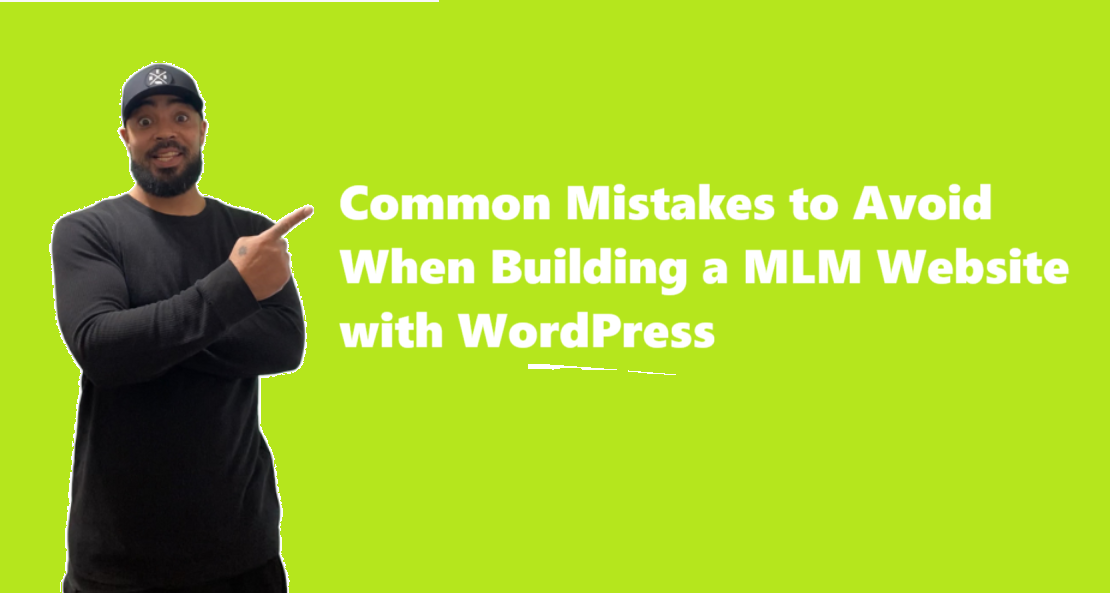How to Prepare for an MBA Interview: A Comprehensive Guide

The MBA interview represents one of the most critical components of your business school application. It's your opportunity to transform a collection of documents into a compelling personal narrative, demonstrating not just your qualifications but your potential to contribute meaningfully to the MBA program and your future career. Success in this high-stakes conversation requires strategic preparation, authentic self-reflection, and the ability to articulate your professional journey with clarity and confidence.
Understanding the MBA Interview Landscape
MBA interviews have evolved significantly in recent years, with schools adopting various formats to assess candidates more holistically. Traditional one-on-one interviews with admissions officers remain common, but many programs now incorporate alumni interviews, group discussions, and even behavioral assessment centers. Some schools conduct blind interviews where the interviewer knows nothing about your background, while others are open-book, with interviewers having full access to your application materials.
The core purpose remains consistent across formats: admissions committees want to verify the authenticity of your application, assess your communication skills, evaluate your fit with their program culture, and gauge your potential for leadership and impact. They're looking beyond test scores and grades to understand who you are as a person, how you think through challenges, and whether you'll thrive in their academic environment.
Research: The Foundation of Preparation
Thorough research forms the bedrock of interview preparation. Begin by immersizing yourself in the school's culture, values, and unique offerings. Study recent news articles, faculty research, student blogs, and program innovations. Understand what makes each program distinctive, from their teaching methodology and case study approach to their international exchange opportunities and industry connections.
Connect with current students and recent alumni through LinkedIn or school-sponsored events. These conversations provide invaluable insights into the daily experience of MBA life, career outcomes, and the intangible aspects of school culture that don't appear in brochures. Ask about their favorite professors, most challenging coursework, and how the program has shaped their career trajectory.
Research your interviewer if their identity is disclosed in advance. Understanding their background, career path, and connection to the school can help you establish rapport and ask more informed questions. However, avoid appearing overly prepared or making the conversation feel rehearsed.
Crafting Your Professional Narrative
Your professional story should flow naturally from your background through your MBA goals to your long-term vision. This narrative thread should connect your past experiences, current motivations, and future aspirations in a coherent and compelling way. Avoid simply reciting your resume; instead, focus on the transitions, decisions, and learning moments that have shaped your professional development.
Identify three to four key experiences that best illustrate your leadership potential, problem-solving abilities, and personal growth. For each experience, prepare to discuss the situation, your specific actions, the results you achieved, and the lessons you learned. Use the STAR method (Situation, Task, Action, Result) to structure these stories, but tell them in a conversational manner that feels natural rather than formulaic.
Be prepared to address any potential weaknesses or gaps in your profile. Whether it's a lower GPA, limited work experience, or career changes, approach these topics with honesty and focus on how you've grown from these experiences. Admissions committees appreciate candidates who demonstrate self-awareness and resilience.
Mastering Common Interview Questions
While each interview is unique, certain questions appear frequently across programs. "Walk me through your resume" requires you to highlight key experiences while explaining your career progression logically. "Why MBA, why now, why here" is the trinity question that tests your self-awareness, timing, and program research.
Leadership questions probe your ability to influence others and drive results. Prepare specific examples that demonstrate different leadership styles, from leading teams through difficult projects to influencing peers without formal authority. Discuss both successes and failures, emphasizing what you learned from each experience.
Ethical dilemma questions assess your judgment and values. Think through situations where you've faced moral conflicts in the workplace and be prepared to discuss your decision-making process. Schools want to see that you can navigate complex situations with integrity while considering multiple stakeholder perspectives.
Developing Thoughtful Questions
The questions you ask reveal as much about you as your answers to the interviewer's queries. Prepare thoughtful inquiries that demonstrate genuine interest in the program and show you've done your homework. Ask about specific aspects of the curriculum, opportunities for experiential learning, or recent program developments.
Avoid questions easily answered by the school's website, such as basic program requirements or application deadlines. Instead, focus on nuanced aspects of the student experience, faculty accessibility, or how the program has evolved in response to industry changes. Questions about the interviewer's own experience with the school can help build rapport while providing valuable insights.
Behavioral Interview Preparation
Many MBA interviews incorporate behavioral assessment techniques that evaluate how you've handled specific situations in the past. These questions often begin with phrases like "Tell me about a time when" or "Give me an example of." Prepare stories that showcase different competencies: leadership, teamwork, conflict resolution, innovation, and resilience.
Practice articulating these experiences concisely while including sufficient detail to make them compelling. Focus on your specific role and contributions rather than speaking generally about team achievements. Quantify results wherever possible, whether in terms of revenue impact, process improvements, or team performance metrics.
Mock Interview Practice
Conducting mock interviews with friends, colleagues, or professional coaches helps refine your delivery and identify areas for improvement. Practice in various settings to build comfort with different interview formats, from video calls to in-person meetings. Record yourself to evaluate your body language, speaking pace, and verbal fillers.
Seek feedback on both content and presentation. Are your stories clear and engaging? Do you maintain appropriate eye contact? Are you speaking too quickly or slowly? Mock interviews reveal habits you might not notice and help build confidence through repetition.
Managing Interview Logistics and Mindset
Plan your interview logistics meticulously to minimize stress on the day of your interview. If traveling, arrive at your destination with time to spare. Research the interview location, plan your route, and identify backup transportation options. Prepare your interview attire in advance, ensuring it's appropriate for the school's culture while making you feel confident and professional.
Develop strategies for managing pre-interview anxiety. Some candidates benefit from meditation or light exercise, while others prefer reviewing their notes or engaging in positive visualization. Identify what works best for you and incorporate these techniques into your preparation routine.
Post-Interview Follow-Up
Send a thoughtful thank-you note within 24 hours of your interview. Reference specific aspects of your conversation to demonstrate you were engaged and listening actively. If you forgot to mention something important during the interview, this is an appropriate time to briefly include that information.
Keep your follow-up concise and genuine. Express appreciation for the interviewer's time and reiterate your interest in the program. Avoid being overly effusive or sending multiple follow-up messages, which can appear desperate or unprofessional.
Final Thoughts
MBA interview preparation requires significant time investment, but this effort pays dividends beyond admission results. The self-reflection process helps clarify your career goals and personal brand, skills that prove valuable throughout your MBA experience and professional career. Approach the interview as an opportunity to engage in meaningful dialogue about your aspirations rather than a test to pass.
Remember that authenticity trumps perfection. Admissions committees can distinguish between genuine passion and rehearsed responses. While preparation is crucial, maintain your natural personality and let your enthusiasm for the program shine through. The most successful candidates are those who can articulate their story compellingly while demonstrating genuine excitement about the opportunity to contribute to and learn from their chosen MBA program.
The interview represents the culmination of months of application preparation, but it's also the beginning of your MBA journey. Embrace the opportunity to share your story, learn about the program, and take the next step toward achieving your professional goals.
Related artilce: https://albai007.blogspot.com/2021/04/how-to-boost-your-marketing-response.html
Note: IndiBlogHub features both user-submitted and editorial content. We do not verify third-party contributions. Read our Disclaimer and Privacy Policyfor details.







